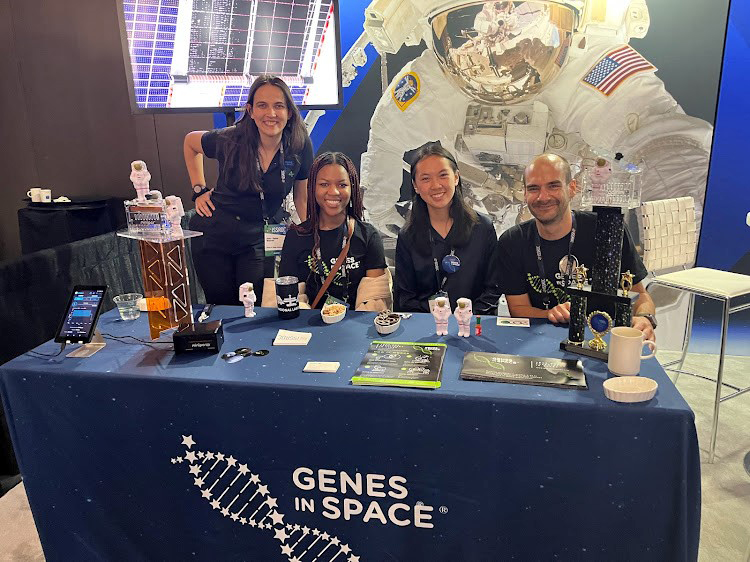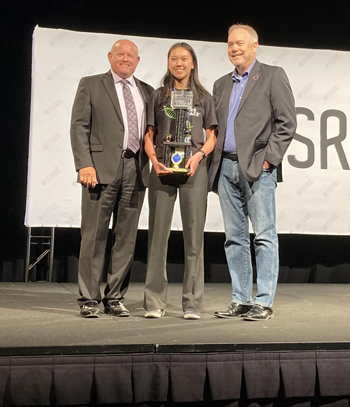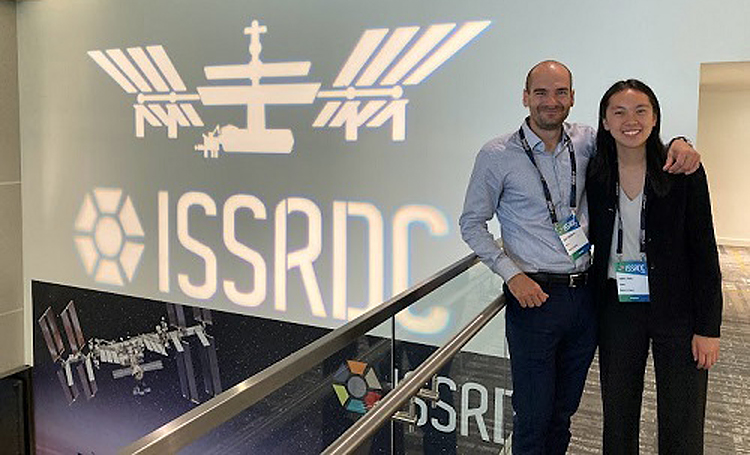INDIAN ARMED FORCES CHIEFS ON
OUR RELENTLESS AND FOCUSED PUBLISHING EFFORTS

SP Guide Publications puts forth a well compiled articulation of issues, pursuits and accomplishments of the Indian Army, over the years

I am confident that SP Guide Publications would continue to inform, inspire and influence.

My compliments to SP Guide Publications for informative and credible reportage on contemporary aerospace issues over the past six decades.
- Prime Minister witnesses 'Bharat Shakti' – a Tri-Services Firing and Manoeuvre Exercise in Pokhran, Rajasthan
- Interim Defence Budget 2024-25 — An Analysis
- Union Defence budget 2024
- Prime Minister Modi Commemorates Indian Navy Day in a Grand Ceremony
- Prime Minister Modi Flies in the LCA Tejas
- New Chapter in India-Italy Defence Ties
- Airpower beyond Boundaries
Boeing, Partners Announce Next Student-Designed Experiment Bound for International Space Station
- Isabel Jiang, 12th grader from Hillsborough, California, recognized in research competition
- Research will be the 11th Genes in Space student experiment performed by astronauts aboard the International Space Station
- Since 2015, biology experiments have addressed real-world challenges in space exploration with applicability on Earth


Isabel Jiang, 17, is this year's winner of Genes in Space, a biology-based research competition co-sponsored by Boeing. The announcement was made at the International Space Station Research and Development Conference in Seattle. Jiang’s experiment will be performed by astronauts aboard the ISS US National Laboratory next year.
The Genes in Space contest invites students in grades 7 through 12 to design biology experiments that address real-world challenges in space exploration. The national competition garnered submissions from 194 schools in 31 states. Authors of the top five proposals presented their ideas to a panel of scientists, educators, and technologists at the conference.
“Our goal is to inspire young minds with the excitement of biological and physical sciences, and every year we are also inspired by the innovative ideas these students submit,” said Scott Copeland, director, Boeing ISS Research Integration. “The winners are already meaningfully contributing to scientific research on the space station and helping us solve challenges that lie ahead in the future of human spaceflight. I’m so proud to be a part of that.”
Jiang’s experiment was selected from a competitive field of 820 submissions from 1,177 students. Her experiment proposes to understand the mechanisms that make latent viruses reactivate in space.
“I’m excited to see what [my experiment] does in space and use that info to inform future medical decisions,” said Jiang.
She also said she is looking forward to seeing the medical applications of her research here on Earth and to explore a topic that has not yet been studied in space.

Jiang’s research will be the 11th Genes in Space student experiment performed by astronauts aboard the International Space Station, in addition to two program technology demonstration missions. Genes in Space was founded in 2015 as a collaboration between Boeing and miniPCR bio. Since then, the ISS US National Laboratory and New England Biolabs have sponsored the program.
The other finalist proposals that stood out for their potential to positively impact the future of space travel and in their innovative use of the Genes in Space toolkit, include:
- Charlene Chen, 16, Smithtown High School East, St. James, New York, whose project centered on the development of a dual fluorescent-colorimetric DNA aptasensor to rapidly detect oxidative DNA damage in astronaut urine samples.
- Ananth Jagannath, 16, Adrian Wilcox High School, Santa Clara, California, whose research sought to measure the effect of microgravity on protein folding.
- Christina Rasa, 18, and Kenny Koch, 18, The Tome School in North East, Maryland, whose topic was to use nano-thylakoid units to reverse the effects of osteoarthritis in mice living on the ISS.
- Manasi Vegesna, 17, Hamilton High School in Chandler, Arizona, whose project aimed to assess how space conditions affect immune system central tolerance.





